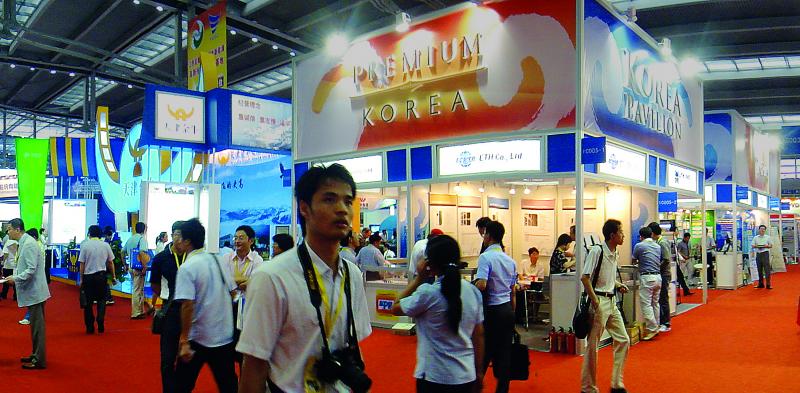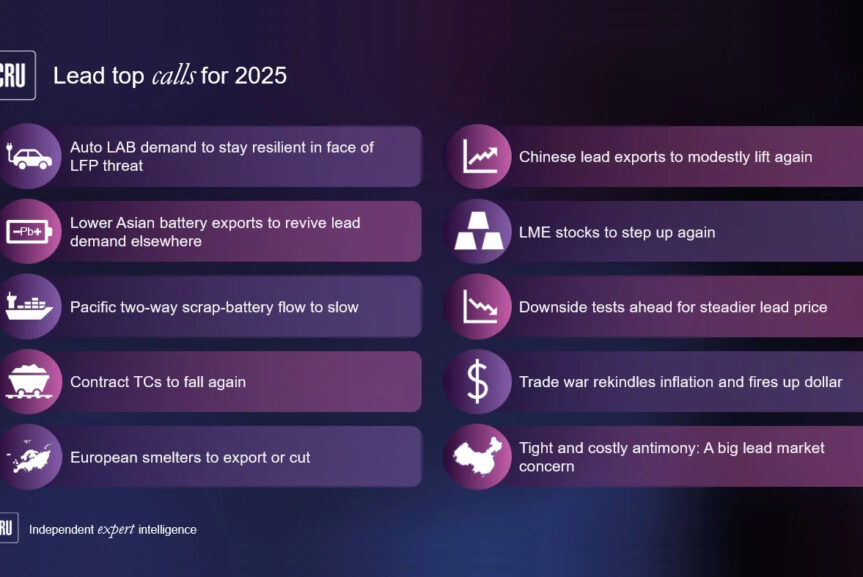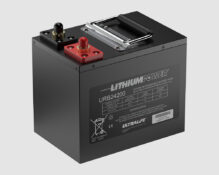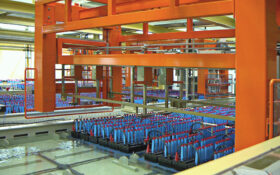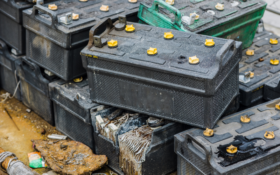Our man in China ponders slightly reduced car sales, a booming battery business and wonders why the west is worried about China.
We hear inside China that Western economists are worried about our economy. Would that some Western economies had a fraction of China's growth and perhaps they might sleep easier. Perhaps if they had visited the China International Battery fair in Shenzhen last month they would have found some cheer.
Since the start of the great economic slowdown, China has increased its investment in basic industries to stimulate its domestic demands. The "10 City . . .
to continue reading this article...
Sign up to any Premium subscription to continue reading
To read this article, and get access to all the Premium content on bestmag.co.uk, sign up for a Premium subscription.
view subscription optionsAlready Subscribed? Log In

